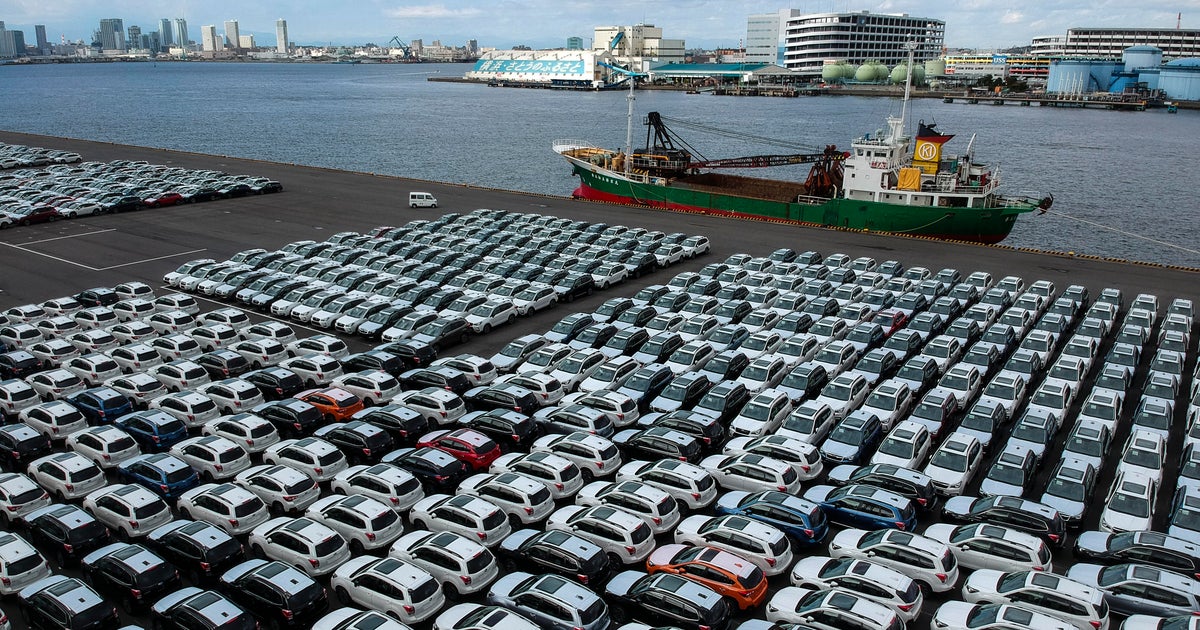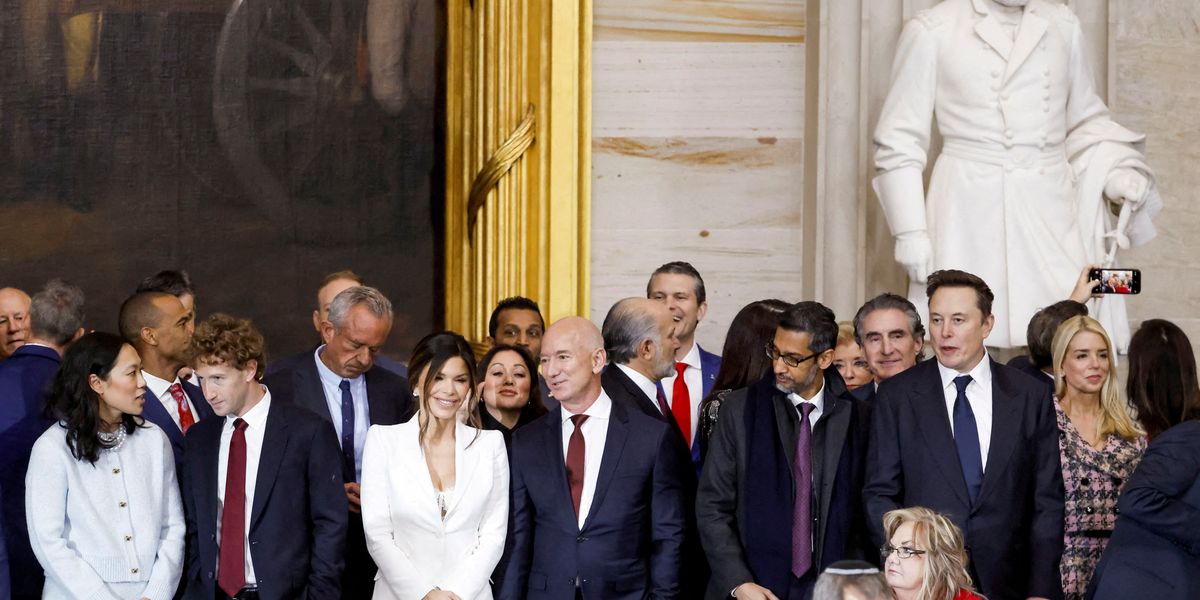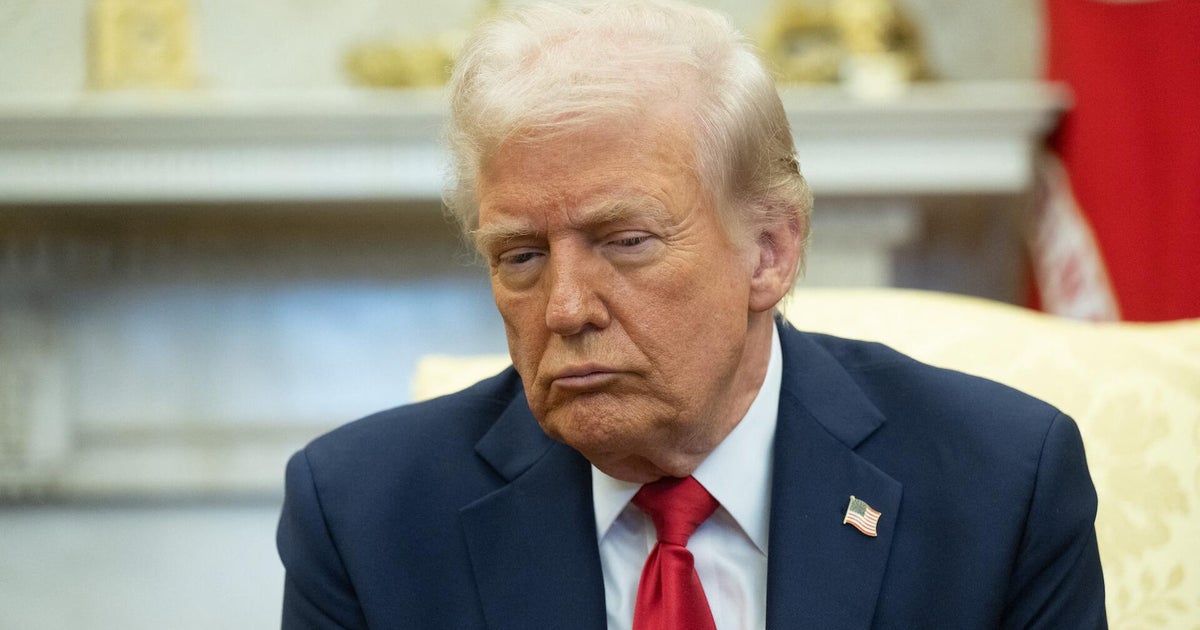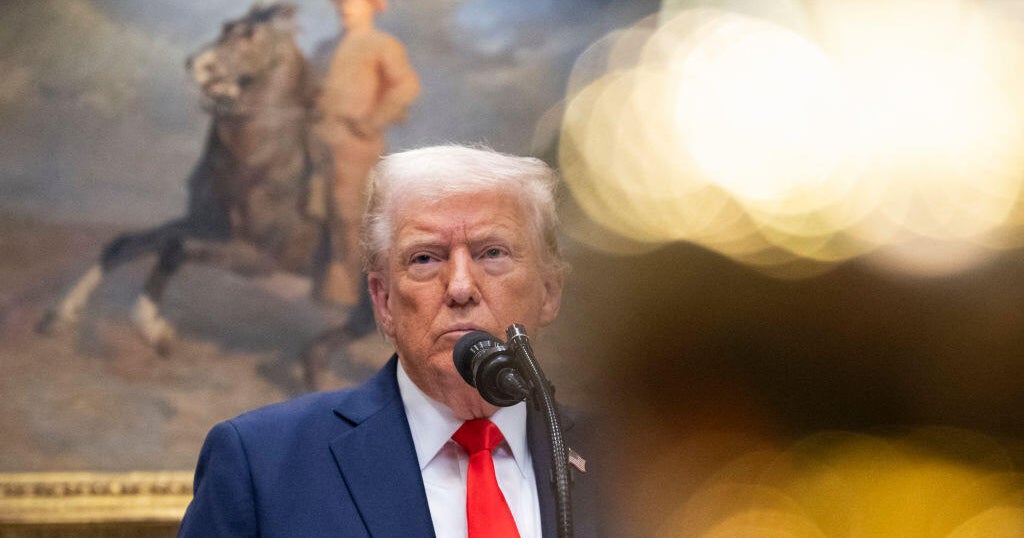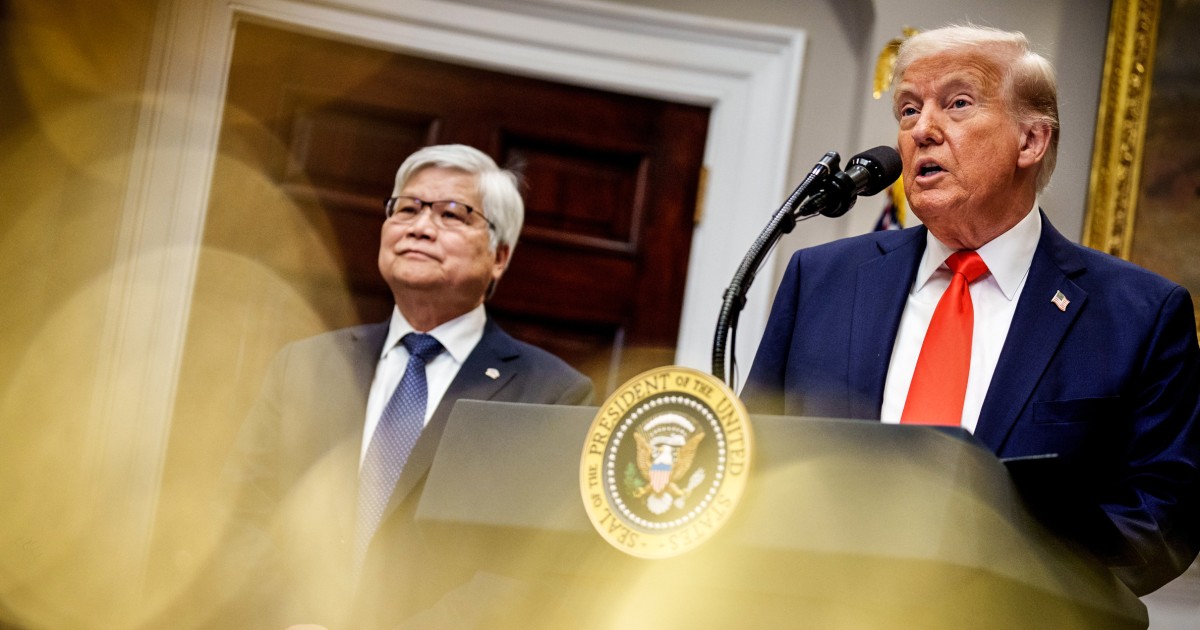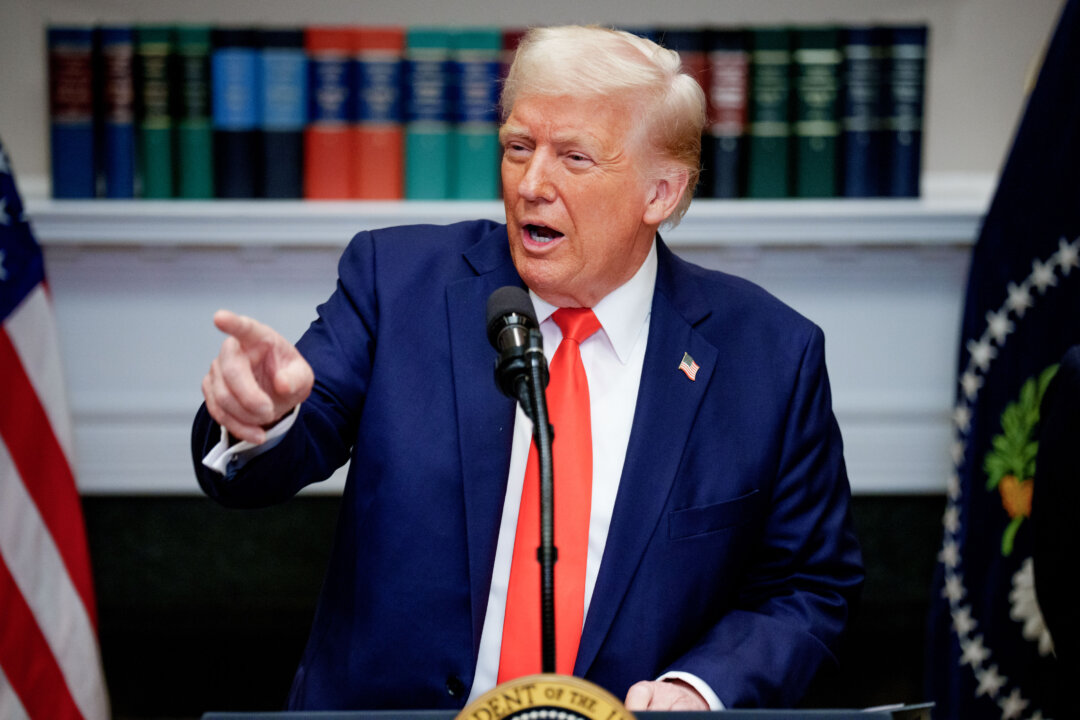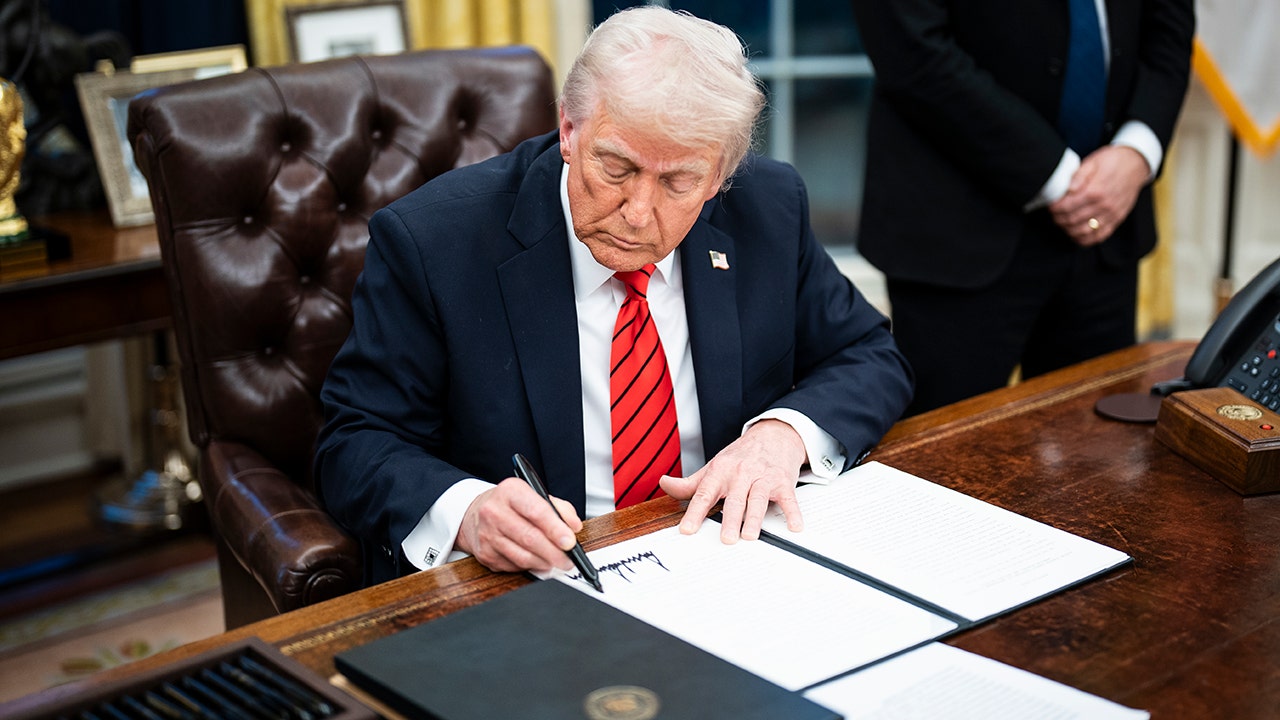Trump's Tariffs on Canada and Mexico Set to Take Effect Amid Economic Concerns
President Trump confirmed 25% tariffs on Canadian and Mexican imports, invoking trade war fears and concerning economic impacts on inflation and industry.
Overview
President Trump reiterated that 25% tariffs on imports from Canada and Mexico will start Tuesday, following two months of threats and market volatility. The tariffs aim to curb drug trafficking and immigration issues, but economists warn about inflation and detrimental effects on U.S. consumers. The S&P 500 experienced its steepest drop of the year in response. With potential retaliatory tariffs looming, Trump also plans to increase tariffs on Chinese goods. The announcement exacerbates concerns over a possible trade war, given recent negative economic data indicating slowed growth and rising inflation.
Content generated by AI—learn more or report issue.

Get both sides in 5 minutes with our daily newsletter.
Analysis
Analysis unavailable for this viewpoint.
Articles (48)
Center (26)
FAQ
President Trump is imposing tariffs to address issues related to drug trafficking and immigration, citing a national emergency due to the flow of illegal drugs like fentanyl into the U.S.
The tariffs could lead to increased prices for various goods, including avocados, tomatoes, and auto parts, potentially exacerbating inflation and impacting consumer spending. This could also affect industries like manufacturing and agriculture.
Both Canada and Mexico have indicated they might retaliate with their own tariffs. Canada's Prime Minister Justin Trudeau has threatened tariffs on $155 billion worth of U.S. goods, while Mexico's President Claudia Sheinbaum mentioned implementing Plan B, which includes tariff and non-tariff measures.
History
- 4M

 4 articles
4 articles
- 4M

 5 articles
5 articles






